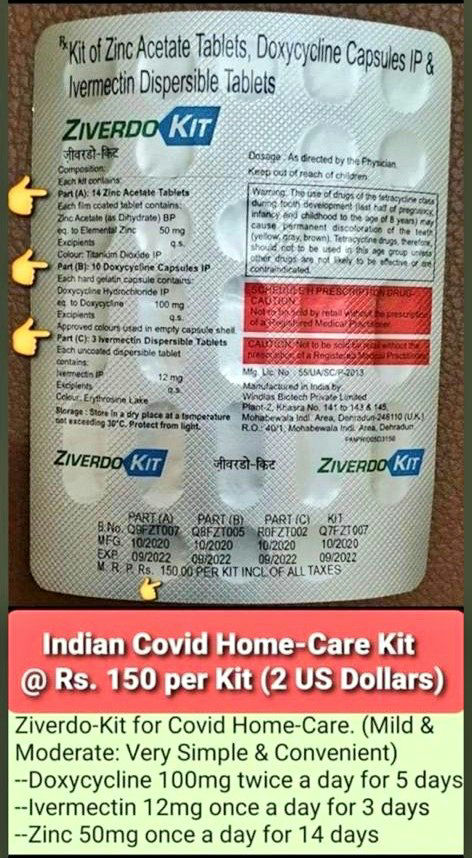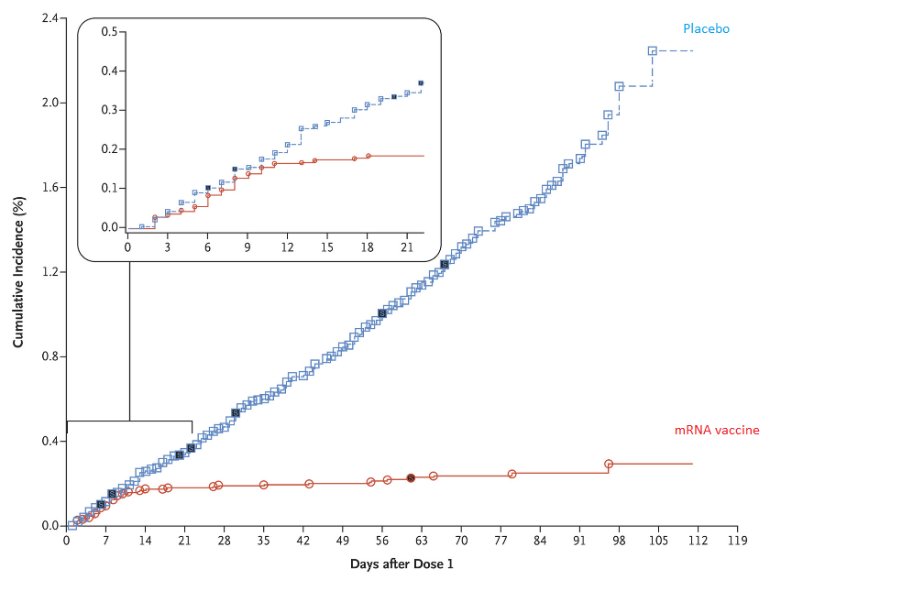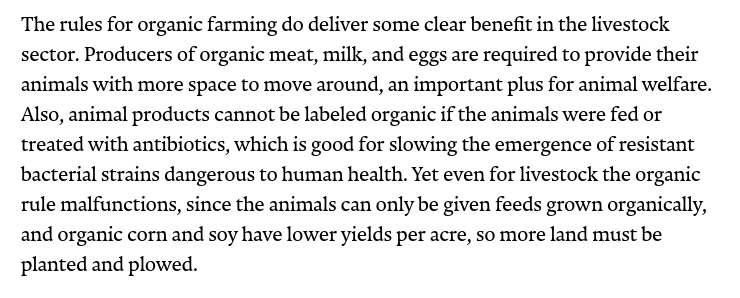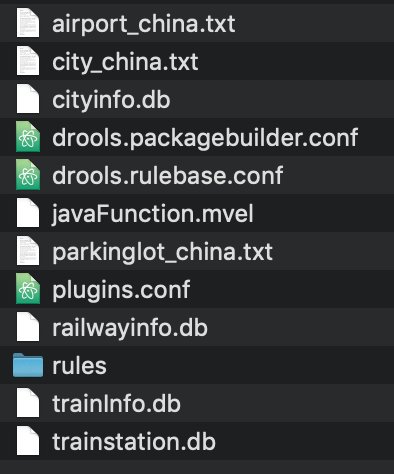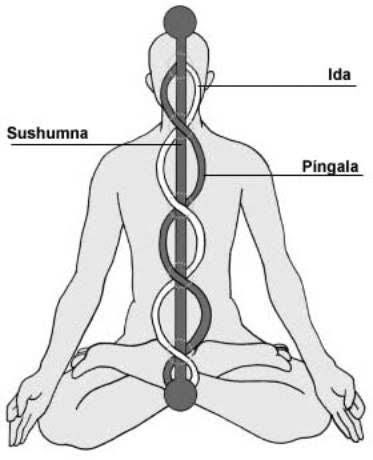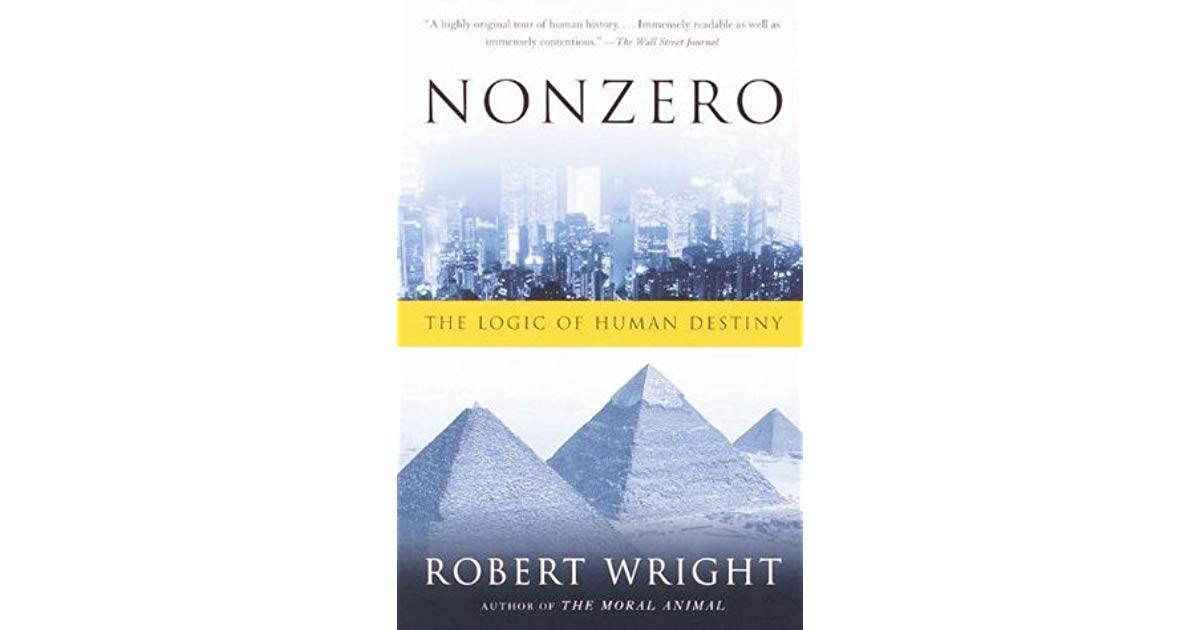I woke up with a pain in my side that wouldn’t go away. Hours later, the doctors were performing an appendectomy.
I was out for 2 weeks and it hurt like hell.
I don’t think it was a coincidence that I was fired 4 months later:
https://t.co/OYjS9bpPPW
After Udemy, I got healthy and built a fitness routine.
My physical health was better than ever, and people noticed. I was the perfect brand ambassador for a healthy food company.
Problem solved, right?
The good times didn't last. Running Sprig was freaking hard (all startups are) and soon I developed TMJ - severe jaw pain related to grinding one’s teeth.
It would get so bad that at times I couldn’t even get out of bed in the morning.
The problem wasn’t the TMJ or appendicitis. The problem was stress.
I had improved my physical health but didn’t consider my mental health! The two feed off one another. A healthy lifestyle means having both.
It only dawned on me after we shut Sprig down and I went on sabbatical. Within weeks, I started to feel great again.
Walking in 100° heat in Havana, I had more energy than I ever did in San Francisco.
As my mental stress subsided, my physical stress did too.
Now, I’m starting my 3rd company and worried about falling into the stress vortex again.
After 10 years battling this, I’ve learned a lot and thought I’d share my lessons:
1) As always, strategy is everything.
You have more control than you realize. You choose your career, your goals, and how you work. You can learn to negotiate with your colleagues/boss/board about expectations and responsibilities.
Create a work/life strategy that works for you
Don’t just fix the acute symptoms of stress. Go deeper and figure out the real issue: do you need additional headcount? Are you taking work too seriously? Do you need a vacation?
You control your own destiny. Don’t play victim!
2) Physical health. I work out 3-4x/week, try to eat whole foods and drink responsibly. I used to meditate but found I prefer long walks and exercise.
I weigh myself every day to keep me accountable - I know it’s not perfect, but do what works for you!
The most important thing about your physical health: do things that you can do for the next 10 years.
No fad diets, no unreasonable expectations. Sustainable > effective.
3) Mental Health = more important than physical health!
For non-founders: get a good therapist/life coach, build a “circle” of colleagues at other companies with similar jobs, and find a good mentor to provide perspective.
Also, just don’t take yourself too seriously!
As a founder, I spend more on help than I do on rent!
Executive coach, personal assistant, travel planner. The goal is to get everything off your plate that adds to your workload besides the most important stuff.
4) Family & Friends. So many are only friends with other career-oriented people. This is a mistake. Long-term friends, families and significant others are there even if your career falters.
Invest in these relationships; don’t let them go by the wayside because of work.
5) Perspective. When you’re in the zone, everything else fades away. Your work feels like life. Every mistake, every success feels monumental.
Guess what? It isn’t. It doesn’t fucking matter in the grand scheme of things. I *try* to remind myself of this when I'm stressed.
Also, take a goddamn vacation every once in awhile. It really does help.
If you think you can’t, then the act of forcing yourself to figure out how will actually improve your effectiveness at your job. You’ll learn to prioritize, operationalize, and delegate.
6) Monk mode. As an absolute last resort, go into monk mode. When things are really bad, hunker down:
No sugar, no alcohol, self-care weekends, meditate and exercise daily.
“Monk mode” is not an ideal permanent state, at least not for me. But you gotta do what you gotta do.
When your body tells you you're over-stressed, use it as a warning that you are losing perspective, that your habits might need improving and that your work/life strategy is out of whack.
This is a lifelong battle. I deal with it every day. But it does get better - as you get older and have more perspective, the things that used to stress you out seem trivial. Remember that and, if you can, use it to help you relax.
As my mother says, “Health is Wealth.”
I write honest stories about building businesses, life in the trenches and more.
Follow me and subscribe to my (very occasional: high signal, low noise) newsletter:
https://t.co/ZIqQt0cadZ


